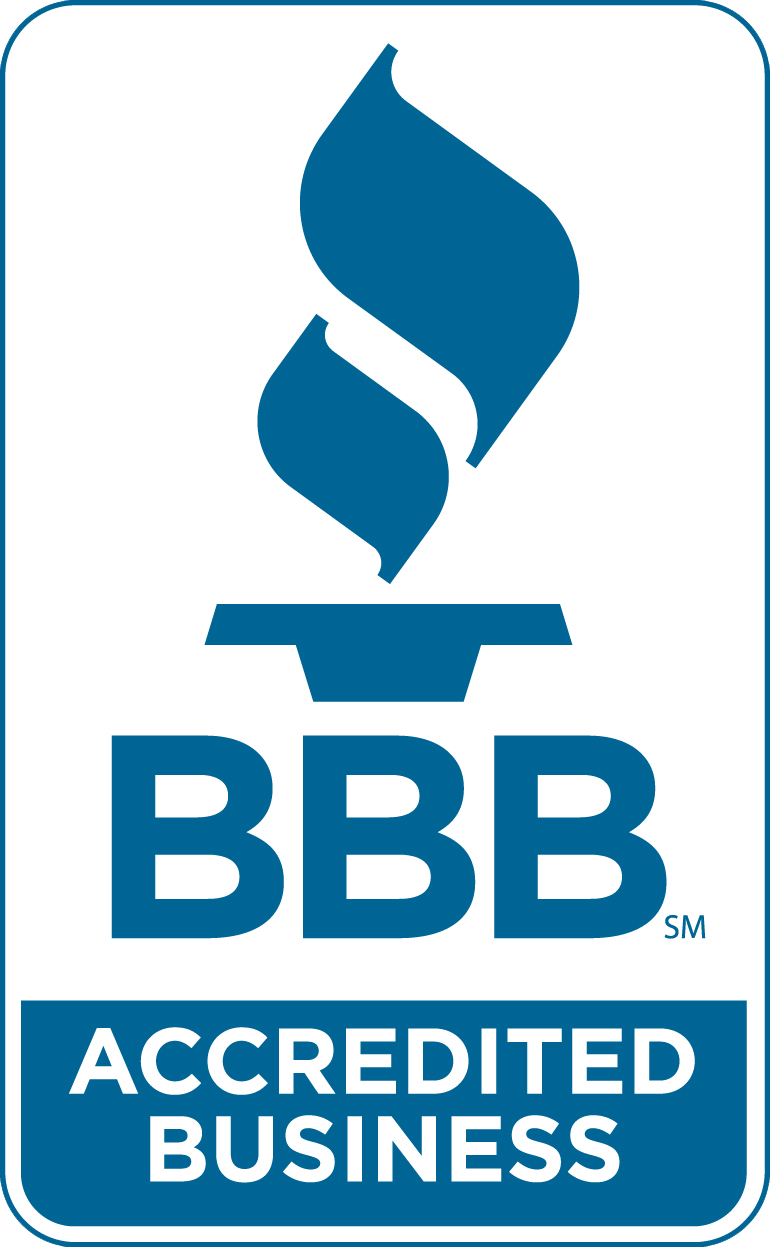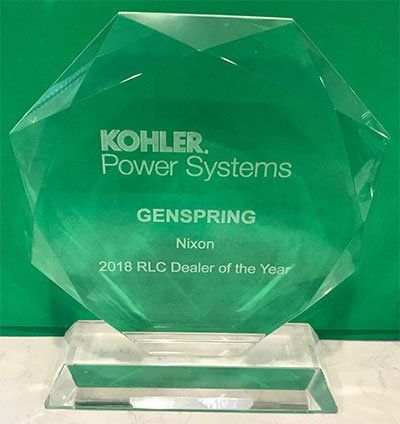Home Generators or Solar Power – Which is Best?
There is much buzz these days about solar power as a viable alternative power source. As a successful home generator dealer in North Georgia, I’m often asked, which is best – solar power or a home generator? The answer is, it depends – it depends on what problem are you trying to solve, why it is important to you, and how much you are willing to invest.
First, let’s examine the most common objectives for purchasing a home generator or solar power system.
Primary objectives for a standby power home generator usually include:
- Home office – you work from home and power disruptions interfere with your ability to do your job – need power for computers, printers, and communication.
- Health related issues that require power – you have medical devices that require power – oxygen machine, CPAP machine, refrigeration for medicines, etc.
- Security – concern about the uncertainty of when power may be restored and security for lighting, security systems, air-conditioning, heating, etc.
- Want life to go on uninterrupted – the frequent inconvenience of power outages interrupts your normal way of life, you want to have power when I need it.
Primary objectives for a solar power system usually include:
- Leave the grid and be self-sufficient – this requires that you install a solar power system that has the capability of meeting all your needs.
- Sell power back to the grid to reduce my overall cost of power – this requires what the utility calls “net metering”. Contact your electric utility to understand what their interface requirements are. Depending on how your system is configured, it may or may not be available as a backup for utility power.
- Do my part and save the planet – this a noble idea, and your utility is likely pursuing this on your behalf. For example, many electric utilities are making substantial investments in solar farms to supplement or replace their generation capacity. This investment is driven by the need to add capacity, state and federal regulatory influence, and environmental stewardship. Large scale utility solar farms are more cost effective, and the utility companies are able to better manage the integration of solar power as part of their generation mix.
- Use solar power system as a backup for utility power – this can be a standalone system for critical circuits or part of “selling power back to the grid”, described above.
Now that we have an overview of the primary objectives for purchasing a home generator and a solar system, let’s consider additional objective criteria for evaluating either option.
- Home generator considerations:
- The cost of a home generator system to achieve your objective – whole house, majority of circuits, or essential circuits
- The amount of power available to you for either option
- The up-front cost per kW to produce the amount of power you need
- An estimate of ongoing operation and maintenance costs
- The location for the generator system outside your home
- The fuel for your generator – natural gas or propane
- If propane is your fuel, what amount of storage you want to have available
- Solar power considerations:
- The total cost to install the solar system to achieve your objective
- The amount of power you expect to produce
- The amount of power available to you on a per kW basis
- The up-front cost per kW to produce the amount of power you need
- The utility interface charges for net metering, if required
- Current cost of utility power to calculate any potential savings
- The location of the solar panels to achieve optimum sun
- The number of hours of sun you actually have access to on the south side of your home
- If tree shading blocks the suns access to your roof, determine the impact of increased air-conditioning cost on your home prior to removing any trees. The benefit of tree shading in the summer months on your home and roof can have a substantial impact your air-conditioning power consumption
- The age of your roof, if applicable, and whether you should replace the roof prior to installing solar panels
- The location and space for the solar interface (including battery bank) with your electric service
- An estimate of ongoing operation and maintenance cost
What do the various options cost?
- Standby Home Generator
- A good range for an installed home generator system is $375 to $550 per kW. The factors influencing the cost include generator size, type of transfer switch(s) and installation costs. Thus, the typical price range for a 20kW home generator system is $7,500 to $11,000, depending on the transfer switch(s), power management (if required) and the complexity of the installation.
- Solar Power
- Depending on the size of your home, how you use energy, a whole house solar system could cost between $40,000 and $90,000.
- Depending on the size of your home, how you use energy and what you want to accomplish, other options could cost between $25,000 and $40,000.
Final thoughts:
- How you use electric and gas energy in your home directly influences the size and costs of either a home generator or solar power system. For example, if you use natural gas or propane for heating, water heating or cooking, the amount of electric power you need to produce with either a home generator or solar power system, is far less than with electric appliances. Thus, a smaller home generator or smaller solar power system can be used to accomplish your objective.
- Presently, there are tax incentives available for qualifying solar power installations. These incentives are due to expire in 2016. Consult your State energy office to verify both the amount and the criteria for qualifying for an incentive prior to installation.
- Regardless of which option is best for you, always verify the credentials of the installing contractor and their expertise in the installation and service of the product they represent.
At GenSpring Power, Power You Can Depend On is not just a slogan, it’s a commitment!




